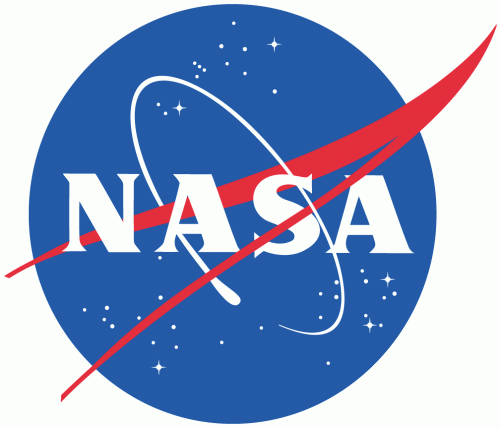NASA bets on private companies to exploit moon's resources

NASA—building on successful partnerships with private companies to resupply the International Space Station—is now looking to private entrepreneurs to help exploit resources on the moon.
In its latest initiative, unveiled in late January, the US space agency is proposing private companies take advantage of NASA's extensive know-how, its engineers and access to its installations to help design and build lunar robots.
But unlike NASA's contracts with SpaceX and Orbital Sciences to deliver cargo to the ISS, the moon proposal—dubbed CATALYST (Cargo Transportation and Landing by Soft Touchdown)—would get no US government economic help.
Recent missions in the moon's orbit have revealed evidence of water and other interesting substances on the moon, explained Jason Crusan, director of NASA's advanced exploration systems.
"But to understand the extent and accessibility of these resources, we need to reach the surface and explore up close."
"Commercial lunar landing capabilities could help prospect for and utilize these resources," permitting both commercial and research activities, he said.
"As NASA pursues an ambitious plan for humans to explore an asteroid and Mars, US industry will create opportunities for NASA to advance new technologies on the moon," Greg Williams, a top NASA official, added.
In 2013 NASA reached an agreement with Bigelow Aerospace to develop commercial sector involvement with the space agency, especially focused on plans to build a lunar base.
Founded by US billionaire Robert Bigelow, the company offers inflatable space modules.
Big money on the moon
These partnerships work "very well in lower orbit," said Bigelow's Michael Gold, referring to the re-supply contracts at the International Space Station.
"There is no reason it won't work just as well on the moon," he told AFP.
"Additionally, in this austere (budget) environment, it only makes sense to leverage private sector investments and capabilities," he said.
"It's not only the best option, but, because of the lack of federal money, the best option available to move forward drastically."
According to Gold, this approach is cheaper than a standard space mission fully paid by the federal government. For a few billion dollars it could even be possible to carry out manned missions to the Moon within a decade, Gold said.
"I think there is a great commercial potential on the moon," he added, citing significant reservers of helium 3, which is rare on Earth and which could be developed into a clean energy fuel ideal for nuclear fusion.
The lunar soil is also rich in coveted rare earth elements: 17 chemicals in the periodic table that are in an increased demand because they are heavily used in everyday electronics.
"There are a vast amount of opportunities for a wide variety of companies not only in America but across the globe," Gold insisted, emphasizing Europe and Japan, as well as the US Congress, are enthusiastic about a return to the moon.
John Logsdon, former director of the Space Policy Institute at George Washington University, said these private partnerships could be "a way of NASA getting back involved with the moon without violating the president's policy that says we as a government we don't go back to the moon."
Logsdon was referring to Obama's 2010 decision to cancel the Constellation program—created by his predecessor, George W. Bush—which planed to return Americans to the moon by 2020 before embarking for Mars, but which was deemed too costly.
NASA chief Charles Bolden said last year his agency would not take the lead on a manned lunar mission, but wouldn't rule out the possibility of participating in one led by a private company or another country.
© 2014 AFP





















